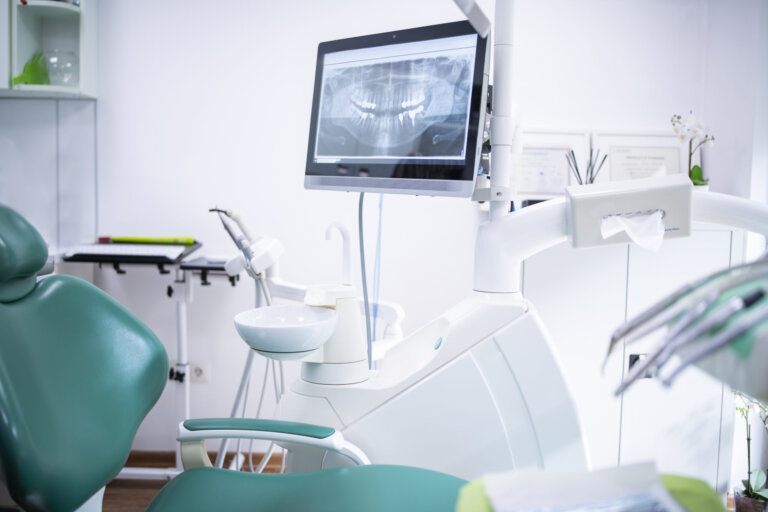Dental tools and inventions have come a long way in recent years, and many dental professionals, like yourself, are paving the way for improved tools, better patient care, more positive patient outcomes, and even more efficiency for other dentists.
When I say dental tools have come a long way, I’m not kidding…look at some of these inventions from the 19th and 20th century:
| Dental Instrument | Dental Articulator | Dental Clamp | Dental Spittoon |
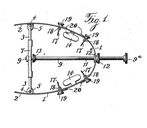 |
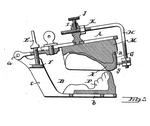 |
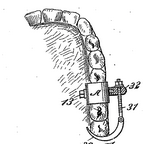 |
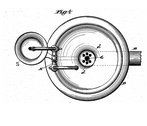 |
I can’t believe it was the norm to use these instruments in someone’s mouth – ouch! We are lucky to have many new innovations in the world of dentistry.
As exciting as it is to develop a new dental invention, it’s equally important to protect your idea and ensure that you benefit from your ingenuity. That’s where dental patents come in, providing legal protection and a host of other benefits to dental inventors. In this guide, we’ll explore the world of dental patents and everything you need to know to protect your new invention and take your dental practice to the next level.
What is a dental tool?
Dental tools are critical instruments used in the field of dentistry for various procedures, ranging from simple cleanings to complex surgeries. As technology continues to advance, dental tools continue to evolve, with new innovations emerging to improve patient outcomes and dental practices’ efficiency. Have you invented a new one-of-a-kind dental tool? Congratulations! You’re an inventor. Now, you should be looking to safeguard your invention with a patent or even a series of patents.
Successfully Patented Dental Tools
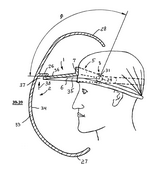 |
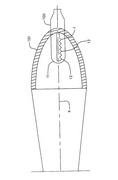 |
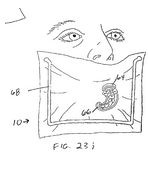 |
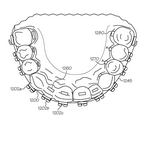 |
| Visor-Type Face Shield for Dentists | Multipurpose Dental Lamp Apparatus | Rubber Dams With Operative Inserts | Integrated braces with veneers, crowns, or bridges |
Why should I patent my new dental tool?
A patent is a legal document that gives an inventor exclusive rights to their invention, preventing others from manufacturing, selling, or using their invention without permission. A patent is crucial for anyone who innovates in the dental industry. Here are some of the benefits of getting a patent for your dental tool invention:
A patent protects your dental tool invention.
Without a patent, anyone can copy, manufacture, or sell your invention, making it challenging to profit from your hard work. In addition, you may be liable for infringing someone else’s patent if you don’t do the research in advance!
However, with a patent, you have exclusive rights to your invention, making it more difficult for others to replicate or profit from your innovation. After your patent is granted, you won’t have to worry about manufacturers, attorneys, or other professionals possibly stealing your idea.
Having a patent on your dental tool increases your marketability.
When you have a patent for your dental tool invention, you gain a competitive edge in the market. Your invention becomes more valuable and desirable, and this increases your chances of getting investors or potential buyers. Additionally, patents can help you secure licensing agreements with dental companies, ensuring that you get paid for the use of your invention.
A secure dental patent can increase your revenue or add an additional stream of passive income.
Patents can generate revenue in several ways. For instance, you can make a large margin on selling/commercializing your new product/service in your own practice because you won’t have any competition for up to 20 years. Further, you can license or sell your patent to other interested parties and make a royalty on every unit sold. Alternatively, you can manufacture and sell your invention to dental professionals directly. In any case, patents can provide you with a steady stream of income for the life of the patent, which is typically twenty years from the filing date.
Dental patents provide you with legal protection.
Patents guarantee legal protection for your invention, giving you the power to sue anyone who infringes on your patent rights. This protection can be critical in the field of dentistry, where competition for new innovations is fierce. Without a patent, your invention is vulnerable to copycats, which can hurt your business or even compromise the safety of dental patients.
Having a patent improves your personal brand
By being a named inventor, you set yourself apart from your peers. As a patent-holder, you are a pioneer in the industry. Along with your other credentials, this distinction will make you a likely candidate for a speaker, educator, or leader in your field. As an entrepreneur, you know your ability to influence the market. Your innovations are likely to drive change that extends beyond your day-to-day practice. This experience could qualify you as a mentor, coach, or even a consultant. Having a patent will help you market your personal brand, and it will serve as proof of your skills and abilities.
You need a patent to protect your new dental tool.
If you have a new dental tool invention, it is crucial to seek legal counsel and file a patent application. Doing so can help you maximize your invention’s potential and ensure that you get the recognition and financial compensation you deserve.
At Bold Patents, We specialize in one area of law – patents & intellectual property with a strong focus on the dental industry. We are the best in our craft, hiring world-class attorneys nationwide. We help inventors and entrepreneurs research, protect, and monetize their intellectual property in the marketplace.
Schedule your free screening call today to learn more about protecting your invention(s) with a patent.
